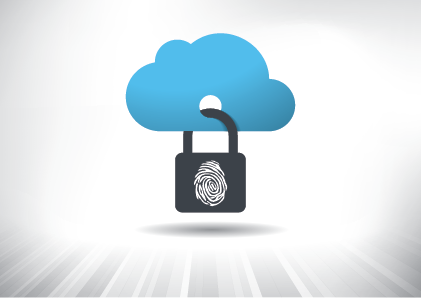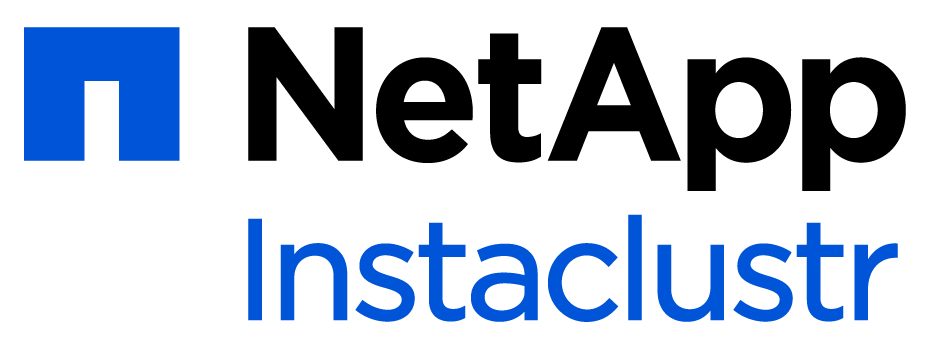IDC Study Finds Cloud Data Breaches Impact 80% of CISOs
Cloud data breaches are disrupting companies at an alarming rate, according to a recent study for chief information security officers (CISOs). IDN looks at recent findings from an IDC study.

Cloud data breaches are disrupting companies at an alarming rate, according to a recent study for chief information security officers (CISOs).
IDC's Cloud Security Survey: Top Identity and Data Access Risks found nearly 80% of the companies say they have suffered at least one cloud data breach in the past 18 months. Further, almost half (43%) of respondents admitted they had ten breaches or more during that same one and one-half year period.
The study listed CISO's top three threats as follows:
- security misconfiguration (67%)
- lack of adequate visibility into access settings and activities (64%) and
- identity and access management (IAM) permission errors (61%)
IDC's study affirms that misconfigurations continue to present a vulnerability for keeping cloud data safe. A similar recent study, the 2020 Verizon Data Breach Investigations Report, found only "hacking" ranked higher than misconfiguration errors as a source of data breaches.
Study Cites Concerns Over ‘Excessive’ Permissions
Another point of focus in the study is "excessive permissions." IDC cited a "rising concern" over excessive permissions in the cloud, noting more than 71% of respondents said such issues are "very important" or "extremely important" when selecting a solution for cloud access protection.
IDC also noted that only 20% of respondents reported that they were able to identify situations where employees in their organization have had excessive access to sensitive data. This finding reflects CISO's increasing concerns over their ability to identify and remediate against hazards from 'excessive' permissions.
An excerpt from the IDC whitepaper describes the issue this way:
Excessive permissions may go unnoticed as they are often granted by default when a new resource or service is added to the cloud environment. This is where the human factor comes into play: an overworked security or IT admin may fail to identify and remove such permissions and create a significant vulnerability that may only be detected after the fact. Furthermore, early detection doesn't necessarily guarantee prevention; more than 13% of respondents that detected excessive permissions reported that they were unable to mitigate the risks before data was exposed.
Unsurprisingly, many of the organizations that reported the largest number of cloud data breaches were among those who identified excessive access to sensitive data among their employees. According to the survey, the healthcare industry appears to be particularly exposed to this risk as 31.25% of healthcare organizations reported that they have identified a situation where employees had excessive access permissions.
The IDC study was commissioned by Ermetic, a provider of cloud infrastructure protection solutions.
Shai Morag, CEO of Ermetic, said, "Even though most of the companies surveyed are already using IAM, data loss prevention, data classification, and privileged account management products, more than half claimed these were not adequate for protecting cloud environments. Two-thirds cited cloud-native capabilities for authorization and permission management, and security configuration as either a high or an essential priority."
Other Highlights of the Cloud Access Survey
Other notable findings from the IDC CISO report include:
- 79% of companies experienced at least one cloud data breach in the past 18 months and 43% said they had ten or more
- Top three cloud security threats are security misconfiguration of production environments (67%), lack of visibility into access in production environments (64%) and improper IAM and permission configurations (61%)
- Top three cloud security priorities are compliance monitoring (78%), authorization and permission management (75%), and security configuration management (73%)
- Top cloud access security priorities are maintaining the confidentiality of sensitive data (67%), regulatory compliance (61%) and providing the right level of access (53%)
- Top cloud access security challenges are insufficient personal/expertise (66%), integrating disparate security solutions (52%) and lack of solutions that can meet their needs (39%)
A full copy of the report is available.







